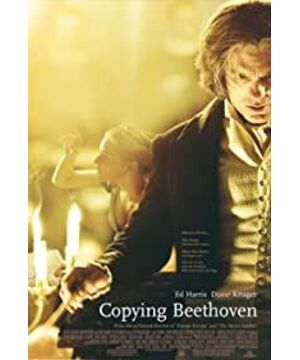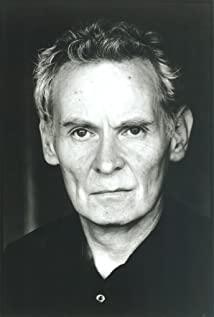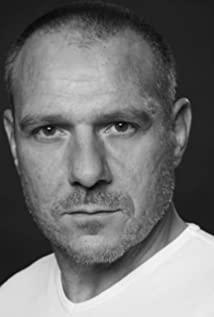Yes, at the time of the first performance of Bei Jiu, Bei could not hear the beautiful milestone in the history of music, but for those high-level musicians, deafness only means that they cannot hear outside sounds, and does not affect their hearts. This ability is simply a kind of magic. After 1817, Bei was almost completely deaf, but his most important works are the five string quartets and piano sonatas and the Devil Variations and No. The Nine Symphony was composed during this time. He puts us on a musical plane where the spirit is sublimated. No stage like him has ever appeared, and there will be no stage like him in the future. This great genius did not compose music for anyone, just to verify his art and intelligence, and only listen to his own inner powerful power and voice. He is solemn and sacred. Every note is full of power and meaning.
View more about Copying Beethoven reviews











